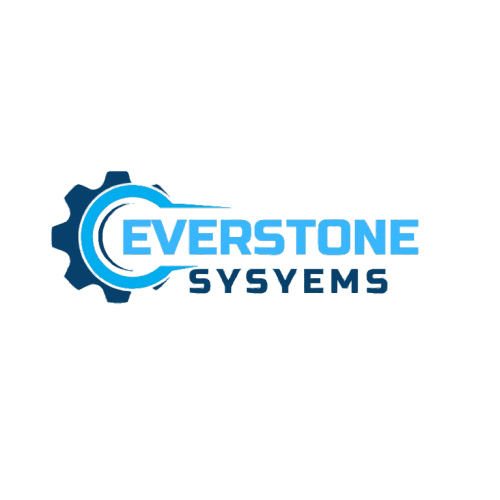Seasonal Guide: Preparing Your Business for AI-Driven Process Automation
Understanding the Importance of AI-Driven Automation
As businesses continue to evolve in the digital age, leveraging AI-driven process automation becomes increasingly crucial. This technology not only streamlines operations but also enhances efficiency and productivity. By integrating AI into your business processes, you can focus on strategic tasks while routine operations are handled seamlessly.
AI-driven automation allows for improved accuracy and reduced human error, which can be particularly beneficial in data-intensive industries. From finance to healthcare, the potential applications are vast and varied. The key is understanding how best to implement these technologies to suit your business needs.

Assessing Your Business Needs
Before diving into AI-driven automation, it’s essential to conduct a thorough assessment of your business needs. Identify areas where automation could provide the most significant impact. Common areas include customer service, data management, and supply chain operations. By pinpointing these areas, you can prioritize investments in AI technologies that offer the greatest return on investment.
Create a roadmap that outlines your goals and the steps needed to achieve them. This strategic planning will help ensure a smooth transition as you integrate AI into your business processes. Remember, the aim is not just to automate for the sake of technology but to enhance overall business performance.

Choosing the Right AI Tools
Once you have identified your business needs, the next step is selecting the appropriate AI tools. The market is flooded with options, so it’s crucial to choose solutions that align with your specific requirements. Consider factors such as scalability, ease of use, and compatibility with existing systems.
It's also vital to keep an eye on emerging trends in AI technology. Staying informed about new developments can provide a competitive edge and ensure that your business remains at the forefront of innovation. Engaging with AI experts or consultants can further aid in making informed decisions.
Training Your Team
Implementing AI-driven automation is not just about technology; it’s also about people. Ensuring your team is adequately trained is a crucial aspect of the transition process. Employees should understand how to use new tools effectively and how these changes will impact their roles.
Offer training sessions and resources that help staff become comfortable with the new technologies. Encourage an open dialogue where employees can express concerns and provide feedback. This approach fosters a culture of collaboration and innovation within your organization.

Monitoring and Optimizing AI Processes
Once AI-driven automation is in place, continuous monitoring is essential to ensure optimal performance. Establish KPIs to measure the effectiveness of automated processes and identify areas for improvement. Regularly review these metrics to make necessary adjustments and enhancements.
Optimization is an ongoing process that involves tweaking algorithms and processes as new data becomes available. By maintaining a proactive approach, businesses can maximize the benefits of AI-driven automation and adapt quickly to changing market conditions.
Embracing a Culture of Innovation
AI-driven process automation is not a one-time project but rather part of a broader cultural shift towards innovation. Encourage your team to embrace change and think creatively about how to leverage technology to solve problems and enhance customer experiences.
Fostering a culture of innovation requires leadership commitment and a willingness to take calculated risks. By promoting an environment that values creativity and experimentation, businesses can thrive in today’s rapidly changing landscape.

Conclusion: Preparing for the Future
The journey towards AI-driven process automation is an ongoing one, filled with opportunities for growth and improvement. By carefully assessing your business needs, selecting the right tools, training your team, and continuously optimizing processes, you can position your business for success in an increasingly automated world.
As we look to the future, it’s clear that AI will play a pivotal role in shaping business operations. Embracing these changes today will not only enhance efficiency but also provide a solid foundation for future innovations.
